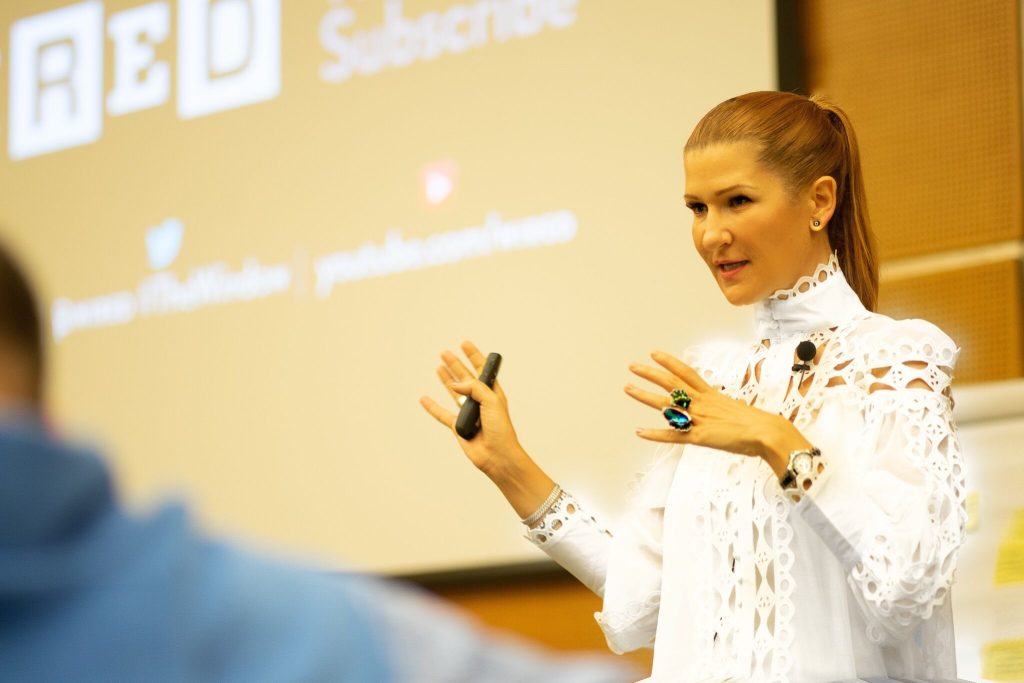Emerging technology and innovative models for leadership.
Like those in nearly all sectors and industries, higher education leaders have been watching the rise of emerging technology and giving careful consideration as to how it will impact their environment in the years ahead. “In a sense, we’ve been telling our students for the past decade or so that AI is coming,” says Professor Loredana Padurean, Associate Dean at the Asia School of Business, a collaboration between MIT Sloan School of Management and Malaysia’s Bank Negara. “But now that AI is here, our industry is not really prepared to deal with it. Many of our students have a higher level of expertise than most schools are ready for.”
In October 2018, MIT announced a new school—the Stephen A. Schwarzman College of Computing, which will address the global opportunities and challenges presented by the ubiquity of computing—across industries and academic disciplines—and by the rise of artificial intelligence. In Malaysia, the Asia School of Business is focusing on building the skills and tools that future leaders will need to navigate in times of volatility and disruption, as well as the moral leadership to answer the ethical questions that lie ahead.
“We’ve created a new concept of defining skills as smart skills and sharp skills, formerly known as soft skills and hard skills,” says Padurean, to recognize that bundling important and highly-sophisticated skills such as managing complex environments, leading people through change, and building diverse teams, into a bucket of ‘soft skills’ does not really do them justice. Another issue is re-setting expectations that hard skills, once learned, will not carry you for life. “The concept of hard is static, versus sharp or sharpening which is dynamic and ongoing,” she says. Continual learning will be vital, because technical skill requirements are changing so fast.
Originally published by MIT Technology Review.





